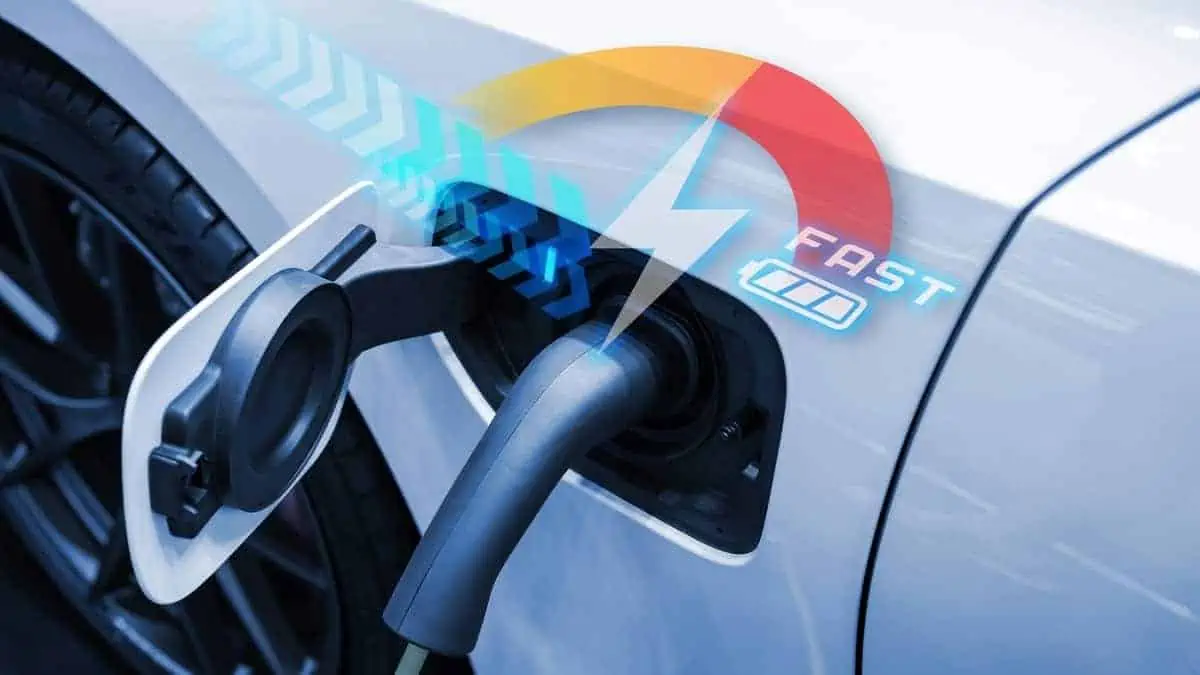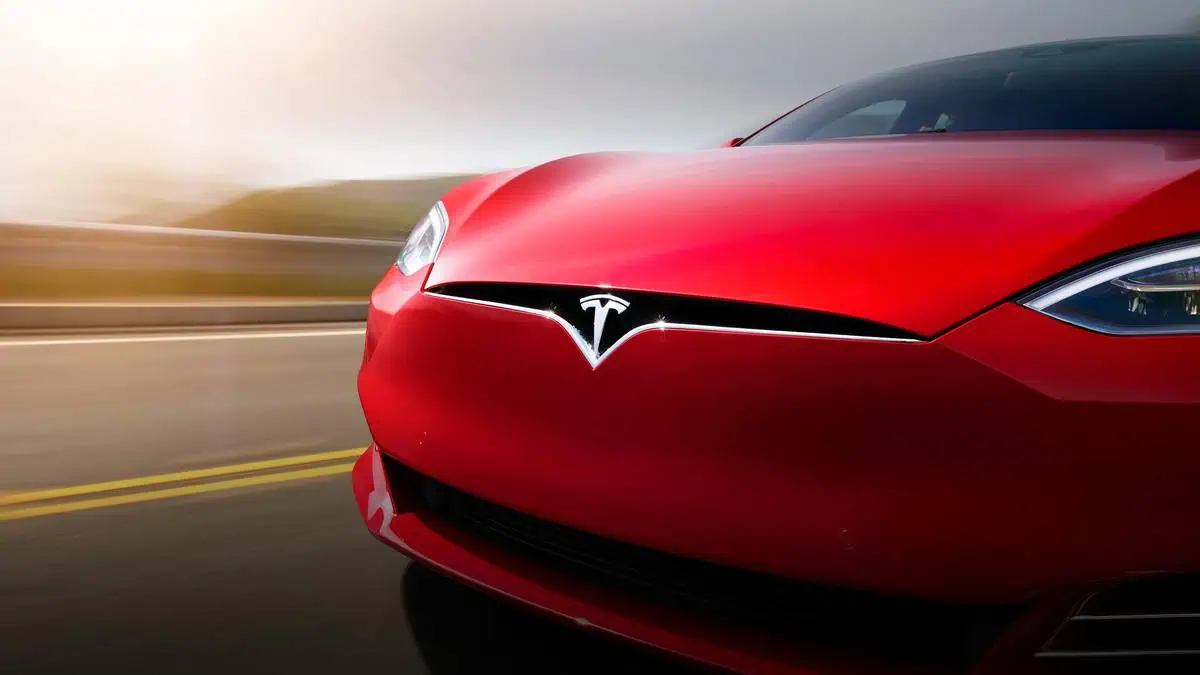Delhi Transport Minister Kailash Gahlot announced in an X post on October 20 that the Electric Vehicles Policy 2.0 has finally reached the final stages of development.
It will immediately replace the current policy as soon as the officials approve the proposals, as the Transport Minister indicates.
Notably, the new policy will aid the government in its efforts to have electric vehicles account for 100% of its overall volume beyond 2030.
Delhi to incentivize traditional vehicle retrofitting
Delhi’s Transport Minister further asserted plans to offer incentives for traditional car owners planning to convert/retrofit them to electric vehicles, according to Mint.
Given the government’s aid, it can potentially encourage citizens to convert their old diesel-powered vehicles.
“People want to convert their IC [internal combustion] engines into electric ones. The process is expensive. For converting a normal Gypsy, it takes almost ₹5-6 lakh, which is on the higher side. We will look at how to incentivise it.”
Delhi Transport Minister Kailash Gahlot
Promoting last-mile mobility
Apart from traditional vehicles’ electrification, the new policy will also promote the wider adoption of last-mile mobility models.
Delhi plans to launch 3,000 new electric scooters and cycles to expand its last-mile mobility fleet.
“We have floated a tender for deploying 3,000 e-scooters and e-cycles to strengthen last-mile connectivity. In the first phase, 1,500 such vehicles will be stationed at metro stations. We are starting the project in Dwarka on a pilot basis.”
Delhi Transport Minister Kailash Gahlot
The second phase of the project will see the deployment of another 750 last-mile mobility vehicles. The last phase will launch the remaining 750 units.
Sequential EV induction
According to News9 Live, the new policy will also require cab aggregators like Uber and Ola to sequentially include electric vehicles into their fleet.
Refer to the details below:
- At least 5% EV induction in 6 months
- 50% EV induction in 3 years
- 100% EV induction in 5 years
“When increasing fleet size, there are specific targets for EV induction. We are now at 10 per cent EVs of the total vehicles in Delhi.”
Delhi Transport Minister Kailash Gahlot (told CNBC-TV18)
For now, the current EV policy will remain effective until the 2.0 version arrives. However, the imminent arrival of the new version will certainly accelerate Delhi’s electrification strategies and target of 100% EV uptake starting at the end of the decade.






